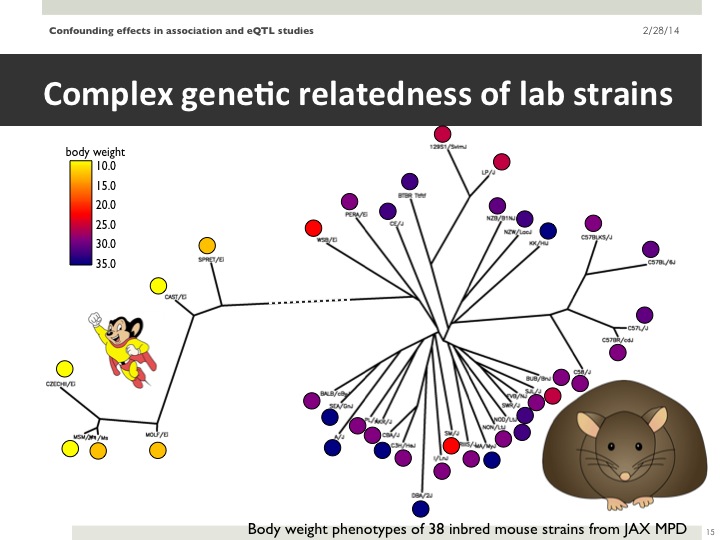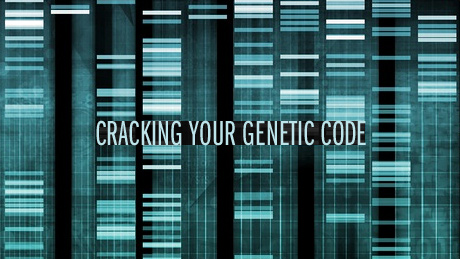Eun Yong Kang in our group defended his thesis on Monday Nov 25th, 2013. 2:30pm – 4:30pm in 4760 Boelter Hall.
The title of his defense was “Computational Genetic Approaches for Understanding the Genetic Architecture of Complex Traits”. The video of this defense is now available here. Fortunately for the lab, Eun is now a post-doc in the group.
The abstract of his thesis defense was:
Recent advances in genotyping and sequencing technology have enabled researchers to collect an enormous amount of high-dimensional genotype data. These large scale genomic data provide unprecedented opportunity for researchers to study and analyze the genetic factors of human complex traits. One of the major challenges in analyzing these high-dimensional genomic data is requiring effective and efficient computational methodologies. In this talk, I will focus on three problems that I have worked on. First, I will introduce a method for inferring biological networks from high-throughput data containing both genetic variation and gene expression profiles from genetically distinct strains of an organism. For this problem, I use causal inference techniques to infer the presence or absence of causal relationships between yeast gene expressions in the framework of graphical causal models. Second, I introduce efficient pairwise identity by descent (IBD) association mapping method, which utilizes importance sampling to improve efficiency and enable approximation of extremely small p-values. Using the WTCCC type 1 diabetes data, I show that Fast-Pairwise cansuccessfully pinpoint a gene known to be associated to the disease within the MHC region. Finally, I introduce a novel meta analytic approach (Meta-GxE) to identify gene-by-environment interactions by aggregating the multiple studies with varying environmental conditions. Meta-GxE approach jointly analyze multiple studies with varying environmental conditions using a meta-analytic approach based on a random effects model to identify loci involved in gene-by-environment interactions. This approach is motivated by the observation that methods for discovering gene-by-environment interactions are closely related to random effects models for meta-analysis. We show that interactions can be interpreted as heterogeneity and can be detected without utilizing the traditional uni- or multi-variate approaches for discovery of gene-by-environment interactions. Application of this approach to 17 mouse studies identify 26 significant loci involved in High-density lipoprotein (HDL) cholesterol, many of which show significant evidence of involvement in gene-by-environment interactions.
Eun’s talk covered the following papers:



